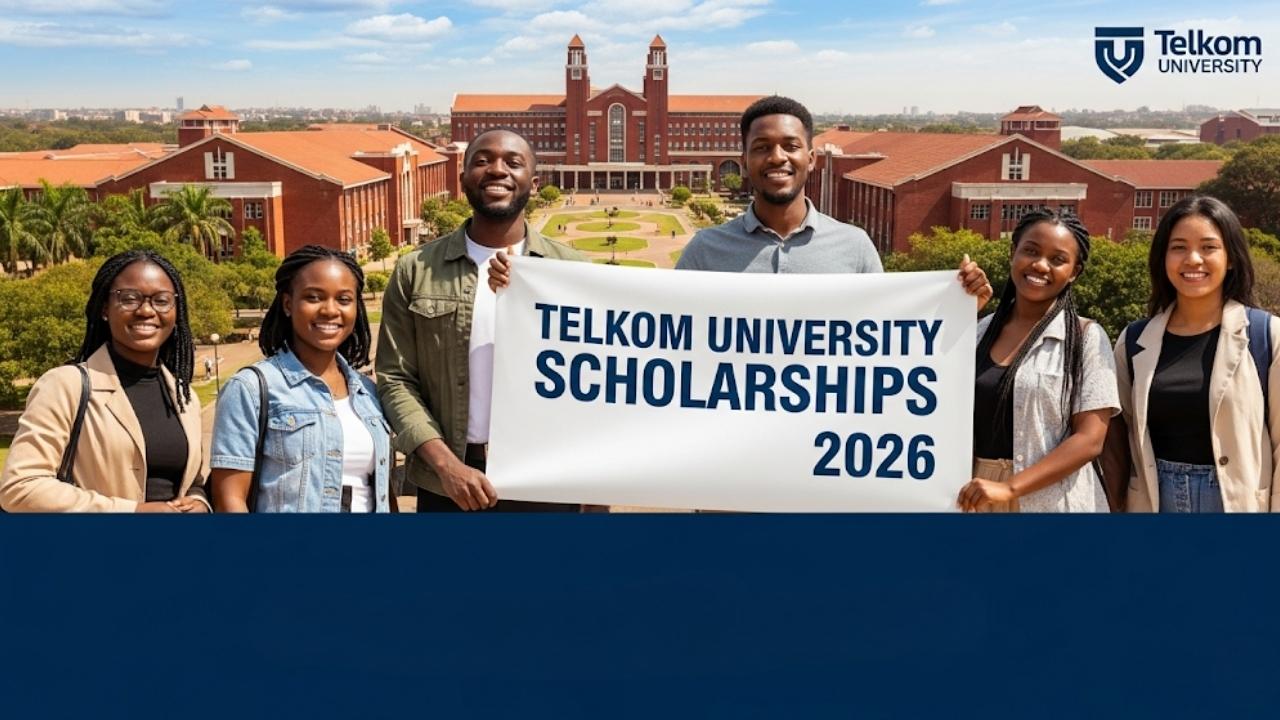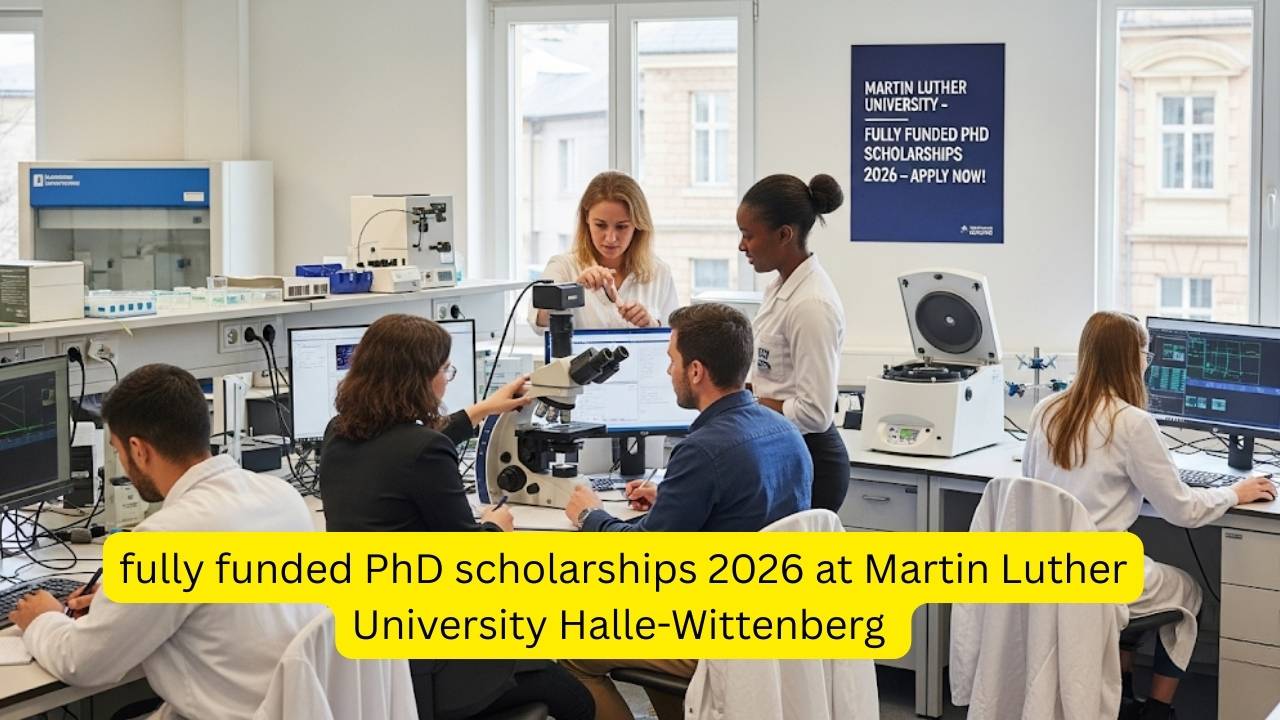The results are in, and a new wave of brilliant minds is set to shape the future of science and technology. The official announcement of the SINGA Awards Scholarship 2025 winners marks a thrilling moment for aspiring researchers worldwide. For the selected few, it’s the beginning of an incredible journey—a fully funded PhD in Singapore, one of the world’s most dynamic innovation hubs. For those of you dreaming of this opportunity for the next cycle, this is where your journey begins. This guide will not only celebrate the new cohort but also provide you with a clear, actionable roadmap to help you become a future SINGA scholar.
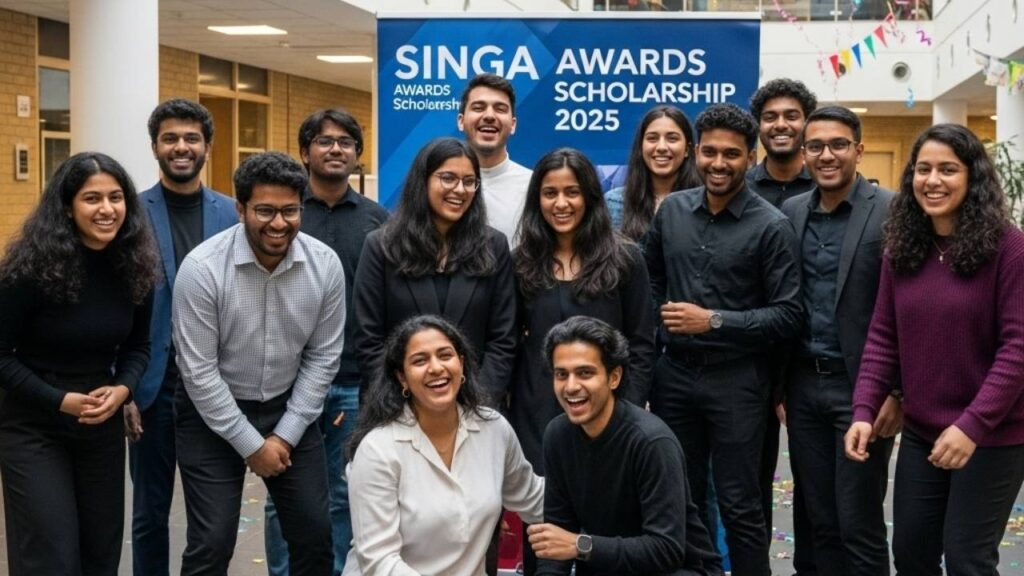
SINGA Awards Scholarship 2025
| Key Fact | Detail |
| Full Financial Support | The award covers tuition fees, a monthly stipend of S$2,700 (which increases after passing qualifying exams), and one-time airfare and settling-in allowances. A*STAR Official Site |
| World-Class Institutions | Scholars conduct research at A*STAR Research Institutes and can earn their PhD from Nanyang Technological University (NTU), the National University of Singapore (NUS), the Singapore Management University (SMU), or the Singapore University of Technology and Design (SUTD). |
| Global Applicant Pool | The scholarship is open to all international graduates with a passion for research and excellent academic results. SINGA Eligibility Criteria |
A New Cohort of Global Innovators
Let’s extend a huge congratulations to the recipients of the SINGA Awards Scholarship 2025! These individuals have emerged from a highly competitive pool of thousands of applicants, distinguishing themselves through academic excellence, research potential, and a clear vision for their scientific pursuits.
This year’s cohort is a vibrant tapestry of talent, with scholars hailing from dozens of countries, each bringing a unique perspective to Singapore’s research ecosystem. They will embark on doctoral studies in cutting-edge fields such as:
- Biomedical Sciences
- Computational and Information Sciences
- Engineering and Technology
- Physical Sciences
Their success is a testament not just to their hard work, but to their ability to articulate a compelling research vision. The selection committee doesn’t just look for good grades; they look for future leaders and collaborators.
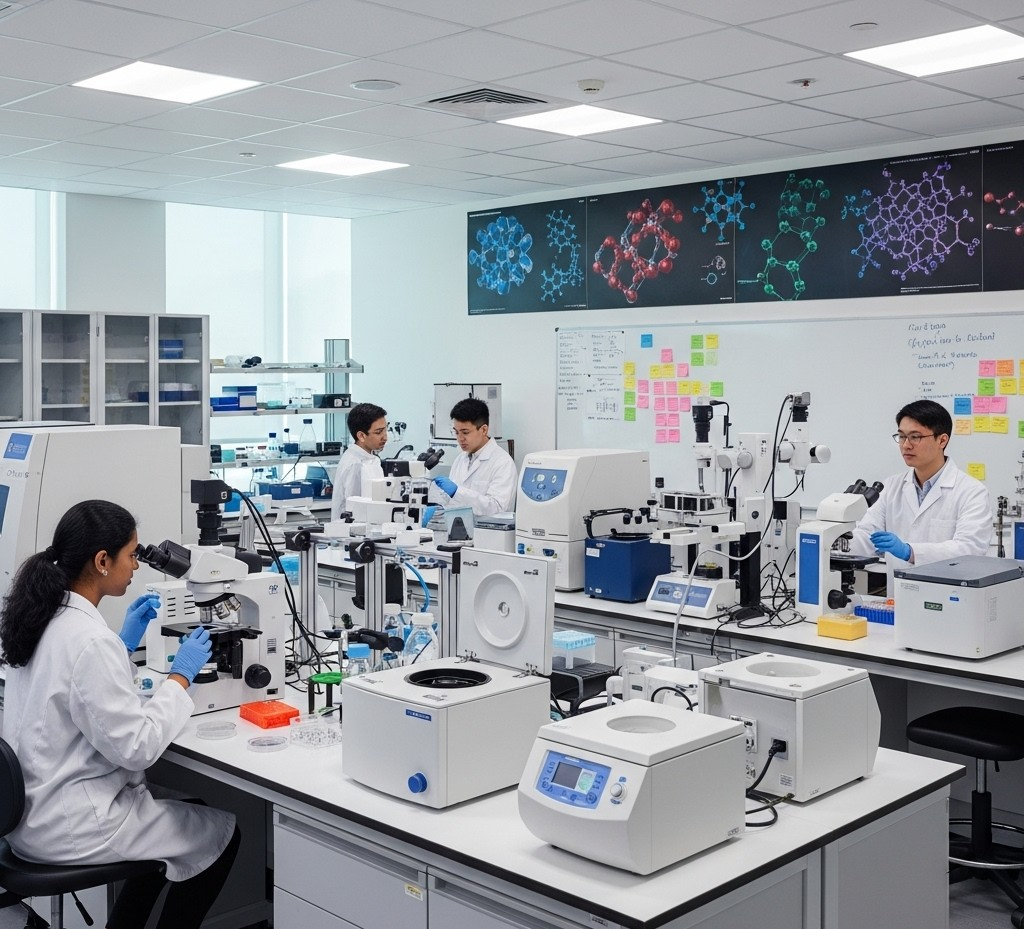
What Makes a SINGA Application Stand Out?
So, what separates a successful application from the rest? In my experience advising students, I’ve seen that the most successful applicants excel in three key areas. The journey to a fully funded PhD in Singapore is rigorous, but understanding what the selection committee values is half the battle.
1. A Foundation of Academic Excellence
This is non-negotiable. A strong academic record, typically a Bachelor’s or Master’s degree with high honors, is the entry ticket. But it’s more than just a GPA. The committee looks for evidence of a sustained passion for learning and a deep understanding of your chosen field. Relevant coursework, academic awards, and a consistent upward trajectory all play a part.
2. A Compelling and Clear Research Interest
You don’t need a fully formed, flawless research proposal, but you absolutely need to demonstrate a clear and well-thought-out research interest. Successful applicants show that they have:
- Done their homework: They are familiar with the research currently being conducted at A*STAR and the partner universities.
- Identified potential supervisors: They can name one or two researchers whose work aligns with their interests.
- Articulated a problem: They can explain what questions they want to explore and why those questions are important.
Your application should tell a story about your intellectual curiosity and how the A*STAR SINGA program is the logical next step in your journey.
3. Powerful Letters of Recommendation
Your referees provide a crucial third-party perspective on your potential. Strong letters come from professors or research supervisors who know you well and can speak to your abilities in detail. Generic letters are easy to spot.
- Choose wisely: Ask supervisors who can comment specifically on your research skills, critical thinking, and work ethic.
- Help them help you: Provide your referees with your CV, your statement of purpose, and a summary of your research interests. Remind them of specific projects or classes where you excelled.
Your Roadmap to the Next SINGA Application Cycle
Feeling inspired? Good. Now is the perfect time to start preparing for the next intake. The application process is a marathon, not a sprint. Here’s how you can get started.
Step 1: Deep Dive into Research (Now – 3 Months Out)
Before you write a single word of your application, immerse yourself in the research landscape.
- Explore A*STAR Research Institutes: Browse the websites of the various A*STAR institutes. Which labs are working on problems that excite you? Read their recent publications.
- Identify Potential Supervisors: Create a shortlist of 3-5 potential supervisors whose work truly fascinates you. According to the official SINGA application guide, identifying a supervisor is a key part of the process.
- Make Contact (Optional but Recommended): Draft a concise, professional email to your top-choice supervisors. Introduce yourself, express your interest in their work (be specific!), and attach your CV. This shows initiative and can make your application stand out later.
Step 2: Assemble Your Documents (3 Months Out)
Start gathering your required documents early to avoid any last-minute stress. You will typically need:
- A valid passport.
- Recent passport-sized photos.
- Official transcripts and degree scrolls for all your university-level education.
- Two academic reference letters (to be submitted online by your referees).
- Standardized test scores like GRE, IELTS, or TOEFL may be required, depending on the university. Check the specific requirements of the university you are applying to (NUS, NTU, SUTD, or SMU).
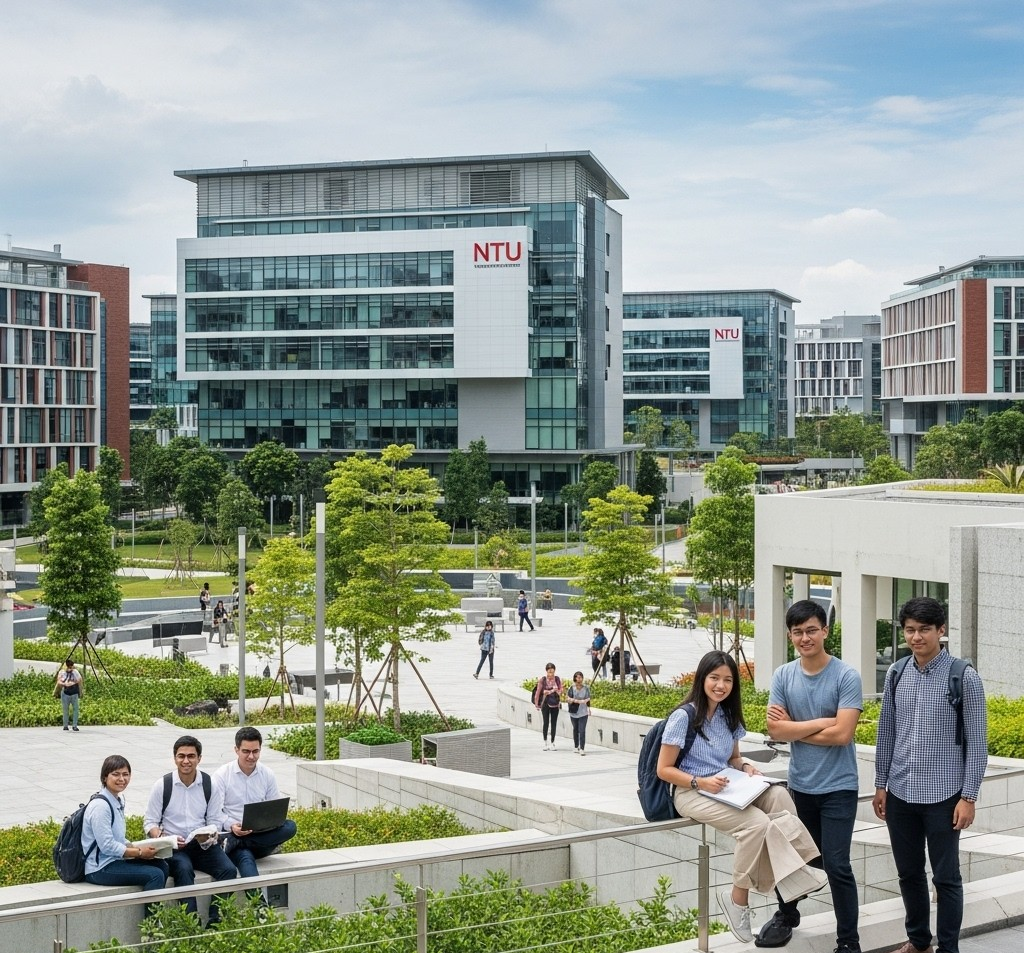
Step 3: Craft Your Narrative (2 Months Out)
This is where you bring your application to life. Your personal statement or research essay is your chance to connect the dots for the admissions committee.
- Outline your story: Start with your initial passion for your field, describe your academic and research experiences, and explain your future goals.
- Be specific: Instead of saying “I am passionate about nanotechnology,” say “I am fascinated by the application of gold nanoparticles in targeted drug delivery, as demonstrated in Dr. [Supervisor’s Name]’s recent paper on…”
- Proofread relentlessly: Have a trusted professor, mentor, or friend review your essays for clarity, grammar, and impact.
Master Your Scholarship Application: Crafting a Winning Study Plan
FAQs
Q1:What is the SINGA scholarship?
The Singapore International Graduate Award (SINGA) is a fully funded four-year PhD scholarship for international students. It allows you to conduct research at an A*STAR Research Institute and pursue your degree at NTU, NUS, SMU, or SUTD.
Q2:Who is eligible for SINGA?
The scholarship is open to international graduates with a passion for science and engineering research. You need a strong academic background, good reports from academic referees, and proficiency in English. There are no specific age restrictions.
Q3:Is the SINGA scholarship hard to get?
Yes, it is highly competitive. Applicants from all over the world apply each year, and only a select number are chosen based on academic merit and research potential. A well-prepared and thoughtful application is essential.
Q4:What does the SINGA scholarship cover?
The award provides comprehensive financial support, including full tuition fees, a monthly stipend of S2,700(whichincreasestoS3,200 after your qualifying exam), a one-time airfare grant of up to S1,500,andaone−timesettling−inallowanceofS1,000.



